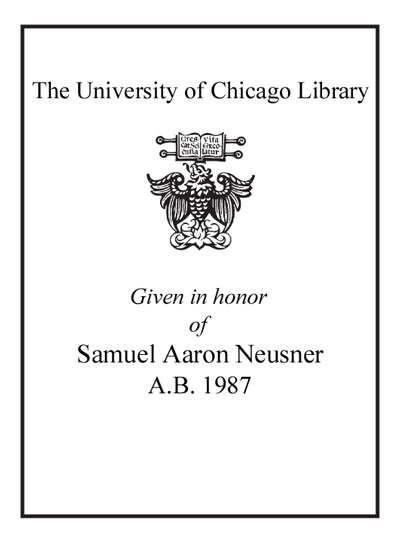Review by Choice Review
Although there is a tendency to consider national identity a universal human phenomenon found throughout history, sociologist Malesevic (Univ. College Dublin) argues it is only a recent development. Until about 200 years ago, most people's primary affiliation was with their family, their tribe, their community, or perhaps their local lord or king. Malesevic also speaks of empires, treating them as a separate category from nations, but vast nations like the US and China are also empires in the modern sense. Modern nations, according to the author, supposedly grant all members equal rights, yet many practiced slavery, apartheid, and even genocide. Malesevic does not regard nations as organic or natural, emerging from people's innate needs, but rather as creations of elites trying to construct an ideological affinity among the peoples they dominate. Nations are a product of modernity because they require complex bureaucracy and advanced technology. They may or may not be militaristic, but they build bonds through rituals like sports and flag saluting, which can be galvanized by elites in crises such as wars. Malesevic does not regard nationalism as responsible for wars, but would the world wars have occurred without them? Provocative book, overall. Summing Up: Highly recommended. Upper-division undergraduates and above. Y. R. Magrass University of Massachusetts Dartmouth
Copyright American Library Association, used with permission.
Review by Choice Review

